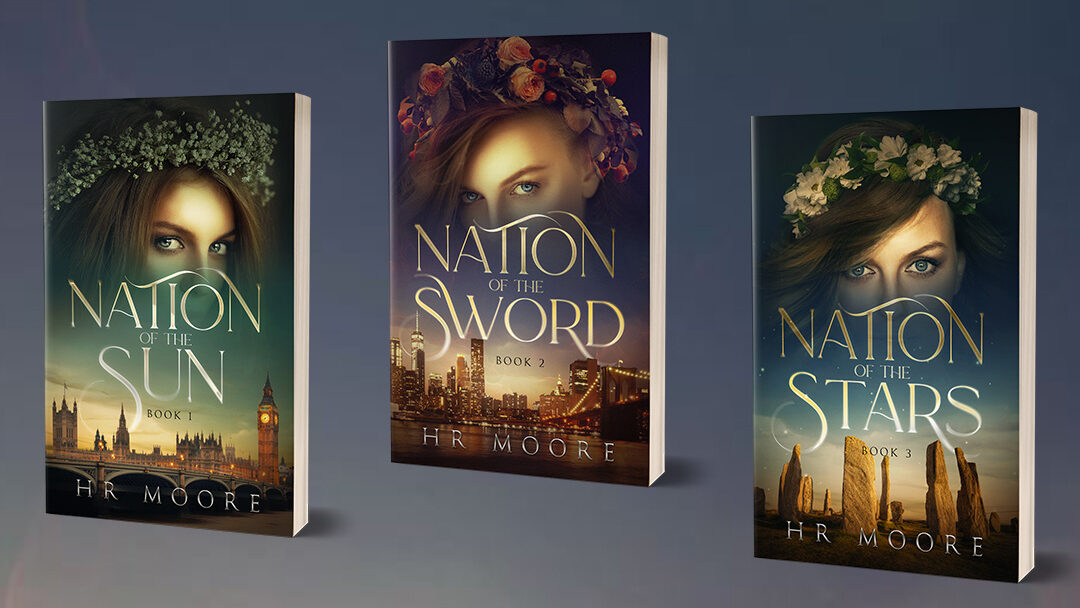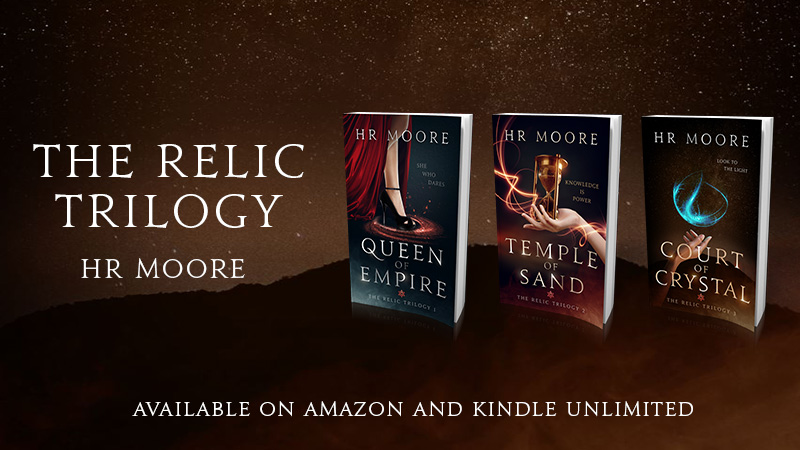What is Fantasy Romance and how does it differ to Romantic Fantasy or Romantasy? Good question, and it’s not clear cut, but here’s my take:
Genre classifications are murky, even though publishers, agents, and booksellers sometimes like to pretend otherwise. Yes, it’s possible to group books together, and this is helpful for marketing purposes, but it’s not a straightforward exercise, especially in emerging genres.
When it comes to Fantasy Romance or Romantic Fantasy, some authors (and it is mainly authors, because publishers are well behind the curve when it comes to supporting this very profitable niche) have come up with the following differentiation:
Fantasy Romance: a romance first and foremost with a “happily ever after” (HEA) at the end, and where the focus is squarely on the main couple.
Romantic Fantasy: a fantasy novel with significant romantic sub-plots.
However, it’s not straightforward even when using this categorization. For Fantasy Romance, does each individual book in a series have to have an HEA? Or is a series HEA acceptable? And in that case, the only difference between Fantasy Romance and Romantic Fantasy (because these all have eventual HEAs too) is the focus of the plot. But where’s the line between a romantic sub-plot and the romance being the main plot? And what if one book in the series is more focused on the relationship between the two main characters, and other books are less so? Should different books in the series be categorized differently?
And what about the world? Does it have to be an epic fantasy setting? What about portal fantasy? Or a version of our world that’s so changed as to be essentially high fantasy? Etc Etc.
And if you look at the categories on Amazon, for example, a lot of authors list their books (or Amazon places their books) into both Fantasy Romance and Romantic Fantasy, because if readers are interested in one, they’re likely to be interested in the other, and both authors and Amazon care most about selling books.
We also have other terms:
Romantasy: a mash-up of the words romance and fantasy. I like this term, and I think it encompasses all books with fantasy and romance.
FaRo: this is something I came up with when I started FaRoFeb. My approach was to use that term to describe all books with fantasy and romantic elements, regardless of sub-genre (including Paranormal Romance and Urban Fantasy Romance, the different between which is the subject of a whole other blog article), because as a reader, I like it all!
It’s also worth noting that there is no single arbiter of book genre classifications, so when people make out that a word or phrase universally means one thing or another … reader beware.
For my own books, I’m probably more in the Romantic Fantasy camp rather than Fantasy Romance, but it pans out something like:
Ancient Souls series (set in our world):
Nation of the Sun: Fantasy Romance
Nation of the Sword: Romantic Fantasy
Nation of the Stars: Romantic Fantasy

The reality is that genre classifications are only useful to a point, and it’s worth remembering as a reader that authors and publishers primarily use them as a way to market books i.e. to generate sales by any means necessary, and NOT to help readers put books in nice neat categories. This is why, for example, the Court of Thorns and Roses series was marketed as YA, but with a warning at the start to make clear it contained mature content. Maas already had a following in the YA niche, and obviously the publisher wanted to exploit that (because they care about shifting copies, not perfectly categorizing books), and equally, because the Fantasy Romance / Romantic Fantasy genre is so chronically under supported by traditional publishing and big book sellers, where else would they have put it …?
So, if you want to know the difference between Romantic Fantasy and Fantasy Romance, the reality is the nuance is very small, if it even exists at all. SOME authors and readers make the distinction between a book being primarily a romance novel, or primarily a fantasy novel, which works for some books, but not for all. So if you want to find the kind of books you love, genre classifications will only help to a point. Other than that, you must look at titles, scrutinize covers, read blurbs, or look for recommendations from authors you already love. It’s imperfect … what can I say.

